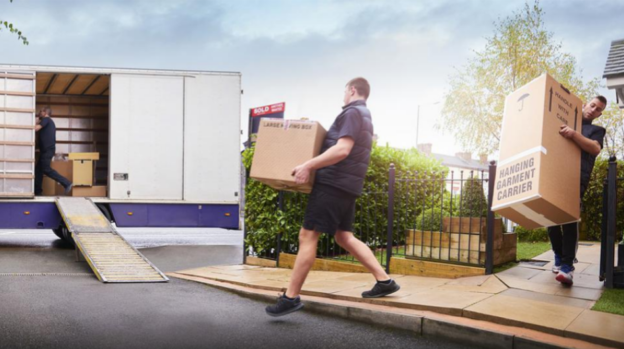Moving to a new home is an exciting adventure, but it can also be financially daunting. Between hiring a moving company, purchasing packing supplies, and covering various other expenses, the costs can add up quickly. However, with some careful planning and expert advice, you can save money on your next move without compromising the quality of your relocation. In this article, we’ll share insider tips from moving experts to help you keep more money in your pocket during your move.
1. Start Planning Early
One of the most effective ways to save money on your move is to plan well in advance. The earlier you start, the more time you have to research and make cost-effective decisions. Delaying your preparations can lead to rushed choices that may not be budget-friendly.
2. Declutter and Downsize
Before you start packing, take a close look at your belongings and decide what you really need. Moving provides an excellent opportunity to declutter your home. Sell or donate items you no longer use or want. The less you have to move, the less you’ll spend on packing materials and transportation.
3. Get Multiple Quotes
When hiring a moving company, it’s crucial to get multiple quotes. Reach out to at least three reputable moving companies and request detailed estimates. This will help you compare prices and services to find the most cost-effective option.
4. Be Flexible with Your Moving Date
If your schedule allows, consider being flexible with your moving date. Peak moving seasons, typically during the summer months, tend to have higher prices due to increased demand. If you can move during the offseason or on weekdays, you may be able to secure a better deal.
5. Do Some DIY Packing
Packing services offered by moving companies can be convenient but can also add significant costs to your move. Consider packing some or all of your belongings yourself. Be sure to use quality packing materials to ensure your items are protected during transit.
6. Use Free or Recycled Packing Materials
Don’t overlook the option of using free or recycled packing materials. You can often find sturdy boxes at local grocery stores, liquor stores, or from friends and family who have recently moved. Reusing boxes and packing paper can save you money and reduce waste.
7. Take Advantage of Discounts and Coupons
Many moving companies offer discounts or coupons for various services. Keep an eye out for promotions and take advantage of any available discounts. Also, check if your employer or any organizations you’re affiliated with offer moving-related perks.
8. Consider a Hybrid Move
A hybrid move involves using professional movers for the most challenging and valuable items while handling the less delicate items yourself. This approach can save you money compared to a full-service move.
9. Research Tax Deductions
In some cases, moving expenses can be tax-deductible, especially if you’re moving for a job-related reason. Consult with a tax professional to determine if you qualify for any deductions or credits related to your move.
10. Insure Your Belongings
While it may seem counterintuitive, investing in proper insurance for your belongings can save you money in the long run. In the event of an accident or damage during the move, insurance can cover the cost of repairs or replacements, preventing unexpected expenses.
11. Sell Items You Won’t Replace
Before moving, evaluate whether it makes sense to sell certain items that you can easily replace at your new location. This can include furniture or appliances that may be cheaper to buy new than to transport.
12. Keep Important Documents and Receipts
Throughout the moving process, keep all important documents and receipts related to your move. This includes estimates, contracts, and expenses. Having a record of your moving costs can help you stay within your budget and potentially qualify for tax deductions.
13. Negotiate with Movers
Don’t hesitate to negotiate with your chosen moving company. Ask if there’s room for flexibility in their pricing or if they can offer additional services at a reduced cost. Some companies may be willing to work with you to secure your business.
14. Use Technology to Your Advantage
There are various apps and online tools that can help you save money on your move. From finding the cheapest gas stations along your route to budgeting and expense tracking apps, technology can be a valuable resource.
15. Stay Organized
Staying organized throughout the moving process is essential. Keep a moving binder or digital file with all relevant information, including estimates, contracts, and receipts. This will help you avoid unexpected costs and fees.
In conclusion, moving doesn’t have to break the bank. By following these insider tips from moving experts, you can significantly reduce the cost of your next move while ensuring a smooth and successful transition to your new home. With careful planning and resourcefulness, you’ll be well on your way to a budget-friendly relocation.










